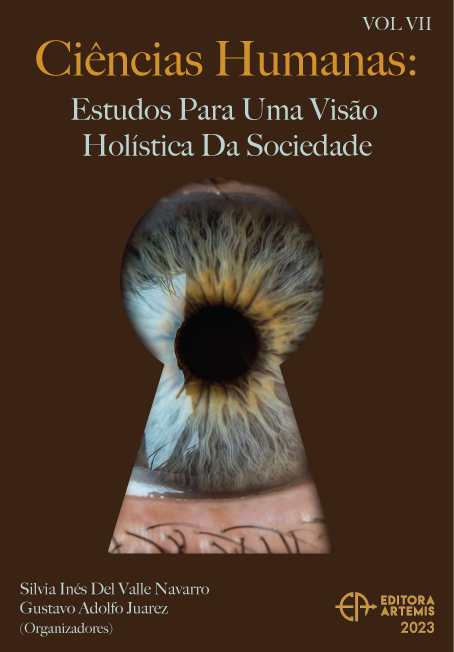
OLHARES DE DOCENTES SÉNIOR SOBRE AS REALIDADES DOS/AS ESTUDANTES DO ENSINO SUPERIOR PORTUGUÊS
Nas derradeiras décadas, assistiu-se, no Ensino Superior (ES) português, a mutações profundas e significativas, decorrentes, entre outros fatores, de um aumento da procura deste nível de ensino e da sua consequente massificação e democratização. Os/as estudantes que passaram a aceder e a frequentar este nível de ensino - agora mais diversos nas suas realidades, percursos, posturas, expectativas - começaram a demonstrar uma atitude mais proativa e dinâmica, fruto de uma mudança do paradigma em vigor no ES europeu e do desenvolvimento de uma nova sociedade, cada vez mais informada, exigente, complexa, competitiva e globalizada. Utilizando uma metodologia de cariz qualitativa, com recurso a Focus Group (FG), o artigo em apreço tem como intuito retratar os olhares de docentes sénior sobre as continuidades e as mudanças que aconteceram no ES, em particular nas realidades dos/as estudantes que o frequentam. Os FG contaram com a participação de dezanove elementos de três Instituições do Ensino Superior. Para o tratamento dos dados foi utilizada a análise temática. Os/as participantes consideram que, nas últimas décadas, a comunidade estudantil tem-se ampliado e diversificado, assistindo-se ainda à emergência de novos perfis de alunos/as. A diversidade de estudantes com percursos, situações e perfis diferentes introduz uma multiplicidade de experiências e saberes que tornam o ES cada vez mais heterogéneo, global e desafiante. Em termos futuros, a digitalização da educação é incontornável, trazendo com ela desafios e janelas de oportunidades para às Instituições de Ensino Superior e para a sua comunidade docente e discente. No que concerne aos principais desafios futuros, é reforçada a importância de se ampliarem e diversificarem experiências, processos e metodologias de ensino-aprendizagem significativos, que exigem uma compreensão holística, integral e integrada, dos/as estudantes.
OLHARES DE DOCENTES SÉNIOR SOBRE AS REALIDADES DOS/AS ESTUDANTES DO ENSINO SUPERIOR PORTUGUÊS
-
DOI: 10.37572/EdArt_2711230623
-
Palavras-chave: Ensino Superior; Estudantes; Processo de Ensino- Aprendizagem; Identidades; Futuro.
-
Keywords: Higher Education; Students; Teaching-Learning Process; Identities; Future.
-
Abstract:
In the last few decades, we have seen profound and significant changes in Portuguese Higher Education (HE), due, among other factors, to an increase in demand for this level of education and its consequent massification and democratization. The students who began to access and attend this level of education - now more diverse in their realities, paths, attitudes, and expectations - began to demonstrate a more proactive and dynamic attitude, the result of a change in the paradigm in force in European HE and the development of a new society that is increasingly informed, demanding, complex, competitive and globalized. Using a qualitative methodology, using Focus Groups (FG), this article aims to portray the views of senior teachers on the continuities and changes that have taken place in the European School of Education, particularly in the realities of the students who attend it. Nineteen people from three higher education institutions took part in the FG. A thematic analysis was used to process the data. The participants believe that the student community has expanded and diversified in recent decades and that new student profiles have emerged. The diversity of students with different backgrounds, situations, and profiles introduces a multiplicity of experiences and knowledge that make HE increasingly heterogeneous, global, and challenging. In the future, the digitalization of education will be unavoidable, bringing with it challenges and opportunity windows for higher education institutions and their teaching and student communities. With regard to the main future challenges, the importance of broadening and diversifying meaningful teaching-learning experiences, processes, and methodologies, which require a holistic, integral, and integrated understanding of students, is emphasized.
-
Número de páginas: 14
- Sofia Veiga
- Helena Sofia Rocha Lopes

